Polythene and compostable film frequently asked questions
After 4 decades sourcing, manufacturing and distributing polythene and compostable film, the team has a wealth of knowledge regarding waste management, plastics, recycling, and resource efficiency, all of which we love to share with our customers. We have developed this FAQ page to help answer some of the most common questions our team gets asked. If your question isn’t on here, please contact our team.
What is recycling?
Recycling is the process of converting waste materials into new materials and objects.
Why is recycling important?
By recycling waste, we use fewer resources to create new products, this also saves money, uses less energy and results in less pollution and waste being sent to landfills, overall being more beneficial to the planet.
What is a circular economy?
The circular economy is an advancement in the way the world produces and consumes both goods and services. This circular economy is an economic system of closed loops in which raw materials, components, and products lose their value as little as possible. The overall aim of the system is to waste less of the earth’s resources, by extending their life through reuse and recycling.
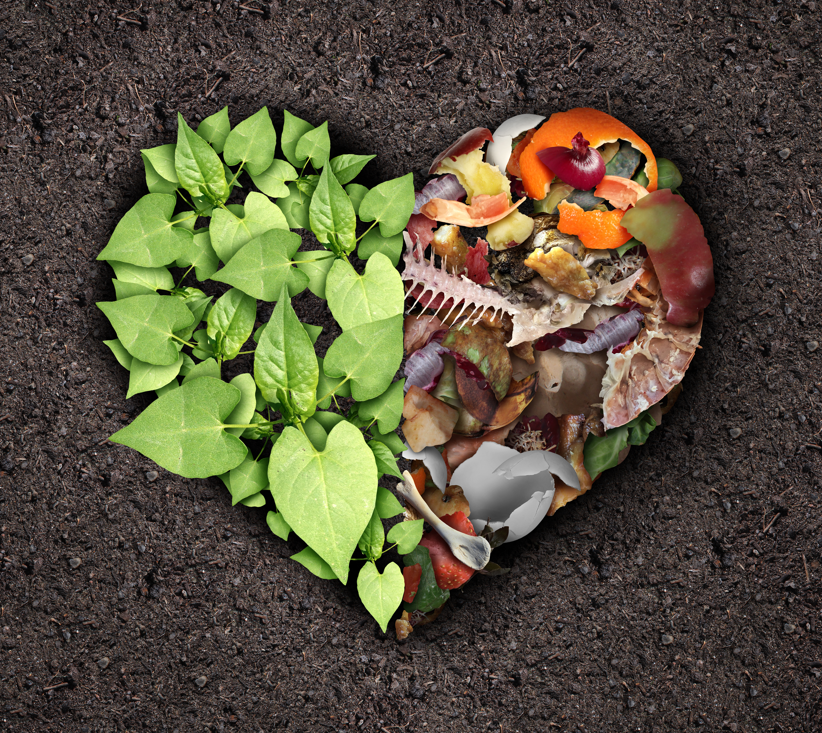
What are the 3 R’s?
There is a 3 step process that can be implemented from the purchase to disposal, which will help us understand what is best, these are known as the 3 R’s – Reduce, Reuse and Recycle. Reducing can be anything from reducing your consumption to your waste, reuse is the concept of multiple usages for your products, using it several times before you eventually dispose of it in the form of recycling. Recycling will help it convert into a brand-new product, rather than sit landfill.
Why do we have so many different bins?
Households across the UK are given waste bins to collect their rubbish, typically this can be from 3 different bins, but often for different councils, it can be more. Each bin will collect a different type of waste, including general waste, garden waste, food waste, and recycling – which can be split into different bins, or collected in one. The reason for the different bins is that each different waste type has its own end-of-life waste solution. Different materials are recycled differently and thus are collected in separate bins to help them reach their reprocessing end goal.
What happens if we don’t separate our waste?
If waste is not correctly separated into the correct bins it can cause contamination, when this happens this could prevent the waste from being recycled. Waste that is not properly recycled due to cross-contamination within waste bins, will often end up in landfill, rather than reach its recycling potential.
What do the logos mean on plastic?
The numbers within a triangle found on your plastic items identify the type of plastic resin used to make the item by providing a ‘Resin Identification Code’. It is represented with a ‘chasing arrows’ symbol surrounding a number between 1 and 7 that defines the resin used.
- Polyethylene Terephthalate (PET)
- High-Density Polyethylene (HDPE)
- Polyvinyl Chloride (PVC)
- Low-Density Polyethylene (LDPE)
- Polypropylene (PP)
- Polystyrene (PS)
- Other forms of plastic (Other)
Is plastic bad for the environment?
Whilst plastics can be harmful to the environment if mistreated, they also have many advantages against the alternatives. Any material, whether it is plastic or otherwise, when left in the environment can cause environmental issues to land and wildlife. However, in cases of litter, the blame should be put on the material but who discarded the waste incorrectly to being with. However, there are also many advantages. Unlike its alternatives, plastic packaging and bags weigh considerably less. As an example, a plastic bag can weigh as little as 8 grams, whereas a paper bag weighs at its lowest 50 grams =
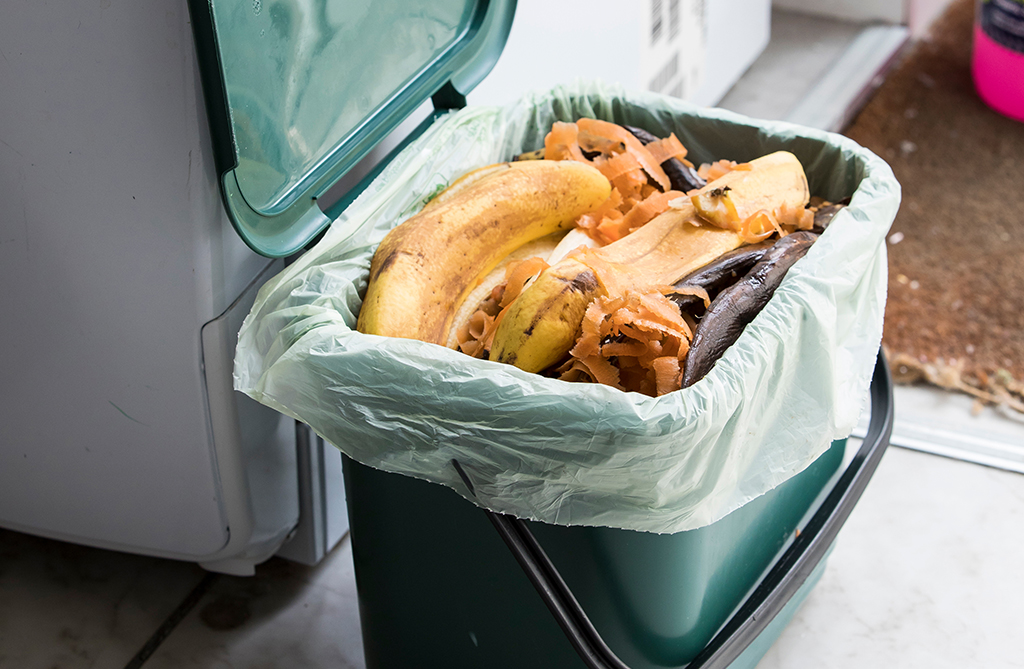
As well as bags, plastics packaging also weighs much less and takes far few resources to produce. Also, the use of plastic bottles rather than alternatives leads to savings of up to 40% on distribution fuel costs and saves on transport pollution.
What is the difference between compostable and biodegradable?
Compostable means that a product is capable of breaking down into natural elements in a compost environment. Because it’s broken down into its natural elements it causes no harm to the environment. The breakdown process usually takes about 90 days. Biodegradable means it will break down as a result of the action of naturally occurring microorganisms such as bacteria, fungi, and algae. They will break down at different rates depending on the original material it’s made out of and how much it has been processed.
All compostables are biodegradable, but not all biogradables are compostable. In short, compostable products are biodegradable, but with an added benefit. That is, when they break down, they release valuable nutrients into the soil, aiding the growth of trees and plants.
What is a 7p number?
A 7p number is a certification used in compostable products to indicates a plant-based resin that will degrade under certain conditions.
What is the plastic packaging tax?
The Plastic Packaging Tax is a new tax which was introduced on 1st April 2022. The tax is designed to encourage the use of more recycled plastic and applies to plastic packaging produced in, or imported into, the UK and that does not contain at least 30% recycled plastic.
What is simpler recycling?
Simpler Recycling is a reform to the recycling system which means that people across England will be able to recycle the same materials, whether at home, work or school, putting an end to the confusion over what can and cannot be recycled in different parts of the country.
